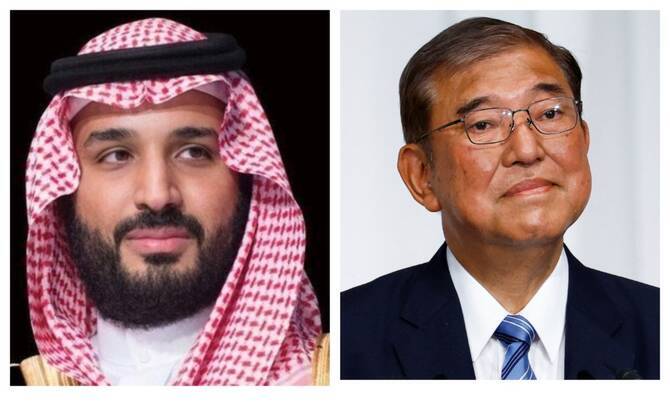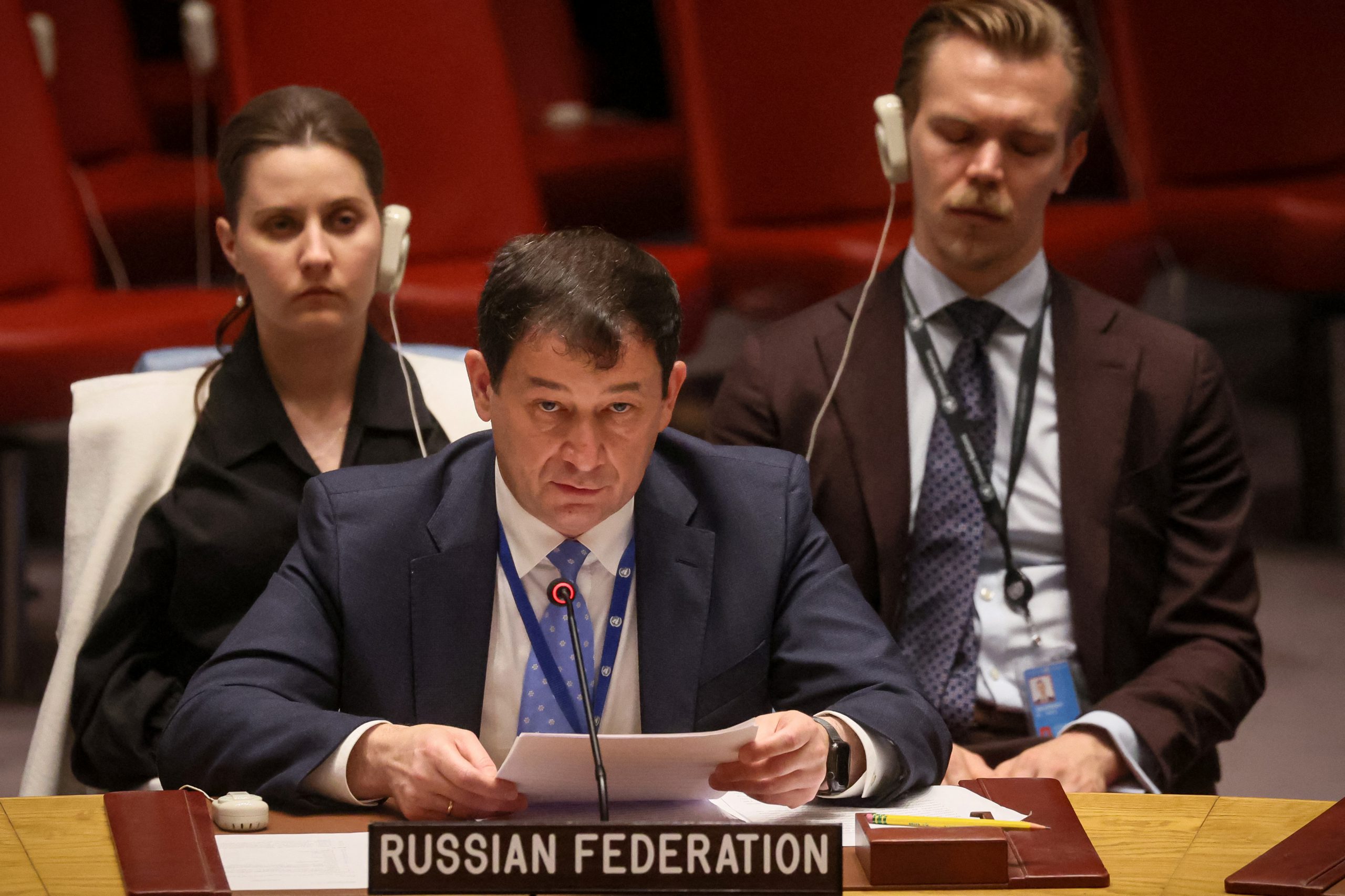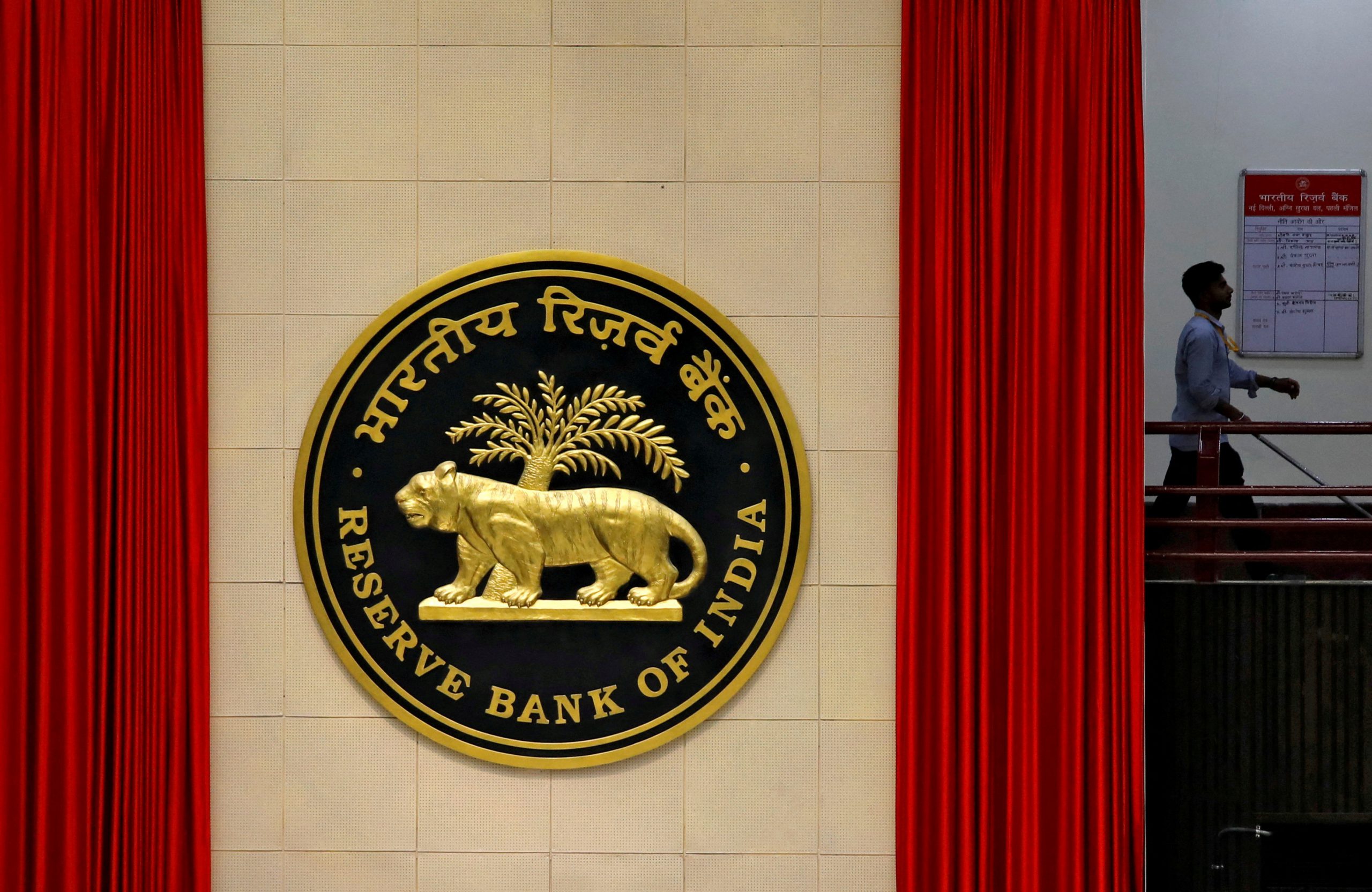Saudi Crown Prince Honors Japan’s Legacy with Condolence Message
Riyadh — In a heartfelt gesture of respect and diplomacy, Saudi Crown Prince Mohammed bin Salman extended a cable of condolences to Japanese Prime Minister Shigeru Ishiba following the passing of former Prime Minister Tomiichi Murayama, who passed away on Friday at the age of 101.
The crown prince’s message conveyed deep sympathy to the Japanese government, the people of Japan, and Murayama’s family.
According to the Saudi Press Agency (SPA), Prince Mohammed emphasized Japan’s long-standing role as a key partner and friend of the Kingdom, highlighting the enduring ties of mutual respect, cooperation, and shared values between the two nations.
Former Prime Minister Murayama, who served from 1994 to 1996, was widely recognized for his moral courage and historical reckoning.
He is best remembered for issuing the 1995 statement on the 50th anniversary of Japan’s surrender in World War II, where he expressed “deep remorse” and offered a sincere apology for Japan’s wartime aggression in Asia.
The statement became a landmark in Japan’s post-war diplomacy, shaping its foreign policy of peace, reconciliation, and accountability.
The Saudi crown prince’s condolence message reflected a broader spirit of international solidarity and respect for historical legacy.
It underscored the Kingdom’s appreciation for leaders who promote peace, humility, and dialogue — values deeply aligned with Saudi Arabia’s vision for global cooperation under Vision 2030.
Murayama’s leadership came at a pivotal time for Japan, as the nation worked to rebuild its global image and foster reconciliation with its Asian neighbors.
His statement, known as the Murayama Statement, became a defining document in Japanese history, reaffirming the country’s commitment to peace and non-aggression.
His passing marks the end of an era, but his message of reflection and responsibility continues to inspire global leaders today.
Prince Mohammed’s condolence note also reaffirmed Saudi Arabia’s respect for Japan’s democratic and humanitarian values.
Over the decades, Riyadh and Tokyo have strengthened ties through economic cooperation, energy partnerships, cultural exchange, and shared initiatives in innovation and sustainability.
In recent years, Japan has played an essential role in supporting Saudi Arabia’s diversification goals, while the Kingdom remains a vital energy partner for Tokyo.
This bond, built on trust and shared aspirations, reflects the broader commitment of both nations to a stable and peaceful international order.
Murayama’s contributions to global peace, his humility as a statesman, and his dedication to moral clarity have left a lasting imprint not just in Japan, but around the world.
His centenarian life symbolized resilience, wisdom, and leadership guided by conscience.
Through his message, Crown Prince Mohammed bin Salman honored Murayama’s enduring legacy — one rooted in compassion, responsibility, and the pursuit of peace.
His gesture reinforced Saudi Arabia’s evolving diplomatic approach, one that values human connection and empathy alongside policy and partnership.
As Japan bids farewell to one of its most respected post-war leaders, messages of condolence and admiration have poured in from across the globe.
Saudi Arabia’s tribute stands as a testament to the mutual admiration between the two nations and the Kingdom’s commitment to fostering harmony and respect in international relations.
Murayama’s life and work will be remembered as a beacon of peace and accountability — principles that continue to guide nations toward understanding and unity.
His passing not only marks the end of a remarkable era in Japan’s political history but also serves as a reminder of the power of humility and reconciliation in leadership.



